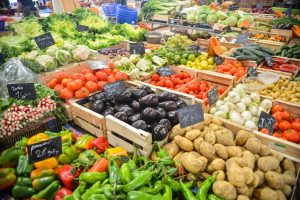
It is said that a good and proper breakfast is important to start a day. We should eat like a king for breakfast. I personally try to have a good breakfast before work. On the odd occasions that I do eat outside, I would have a breakfast special at any of the chain restaurants available. Usually, a breakfast special would combine different dishes and are priced slightly less than the items individually. That is a common practice here in Malaysia particularly.
Recently I went to a local restaurant chain which charges RM8.88 (before GST of 6%) for a breakfast special of toasted bread, 2 boiled eggs and beverage of coffee or tea. That I thought was also value for money. I then went again after about 2 weeks, and I noticed that the menu had changed. A new menu has been introduced. When I asked, I was told that the old menu was out of date as they have introduced new food items and taken out some less popular items from the menu.
As I thought the breakfast special was good value, I asked for a breakfast special. I was told that the special is still RM8.88, but consist of a main dish and a beverage. To have 2 boiled eggs as an add-on, we have to pay an additional RM2.00. Now, that sounds like a price increase though nicely hidden, so as not to be too obvious! The staff said some people complained there was too much food in the breakfast special, so they decided to change it but served it all day long. So it is now just a special meal.
This a common trick used in restaurants whenever there is a price increase. Usually, a restaurant hides its price increase by subtly reducing the portion sizes of the food items. In this instance, they couldn’t make the toast any smaller, nor could they make the eggs any smaller! So, they package it differently!
I am sure that the people who complain are such a small number but it was just an excuse for them to do what they intended, i.e., have a price increase. So I am going to check out other local restaurant chains if they too have changed their pricings for a breakfast special.
